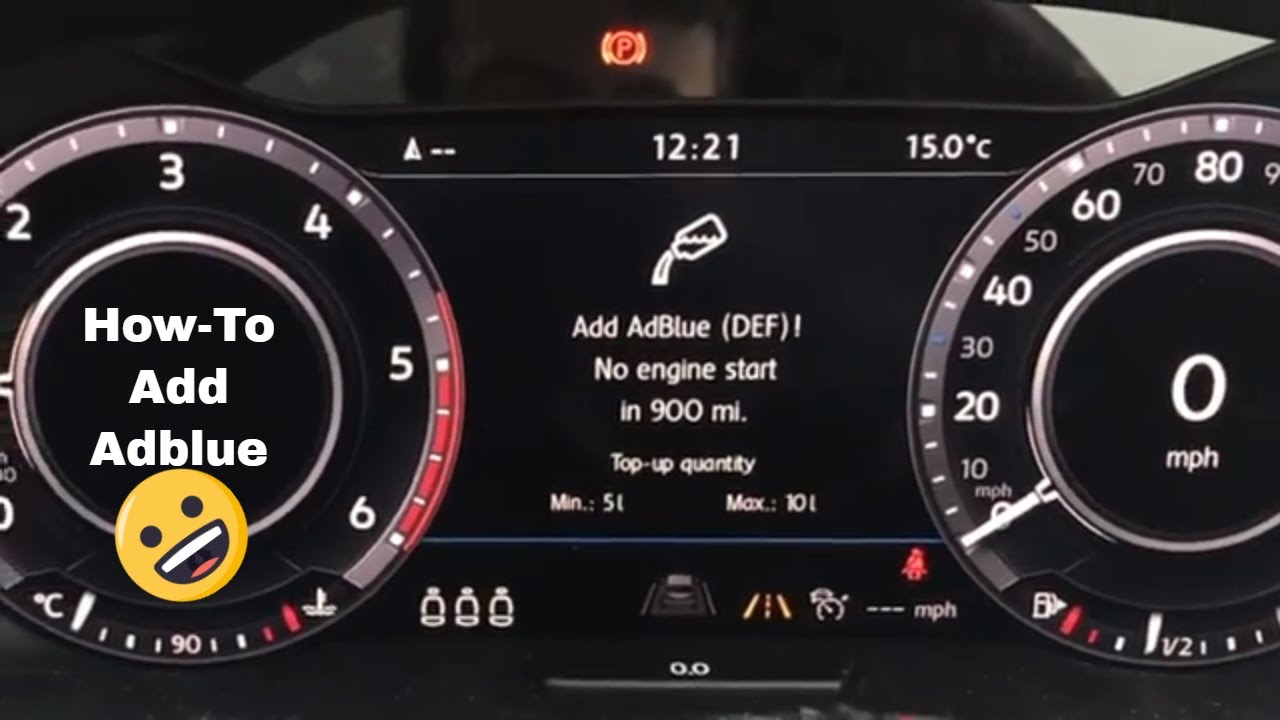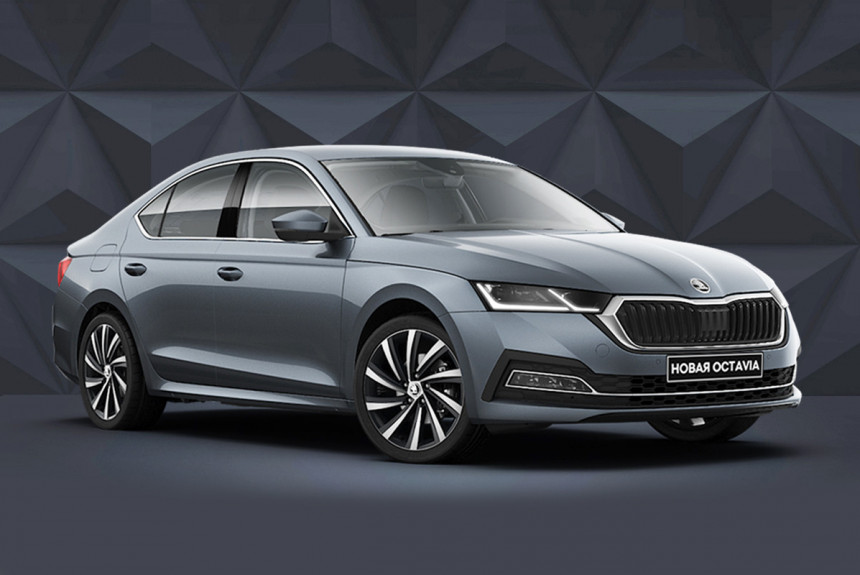
Volkswagen Tiguan 2.0 BiTDi - a portion of knowledge about AdBlue
It's time to add AdBlue to the tested Tiguan 2.0 BiTDi for the first time. Although this measure is already used in most diesel vehicles, it is still a mystery to many. What is AdBlue and what do you need to know about it?
Since we have selected Volkswagen Tiguan, The extra AdBlue tank didn't really bother us. Once, a message appeared on the on-board computer screen about the upcoming refueling - we should have had enough for at least 2400 km. Thus, even if we were in Barcelona at that moment, we could return to Poland and buy AdBlue for Polish zlotys.
However, this should not be taken lightly. Most cars go into emergency mode after emptying the AdBlue tank, and if we turn off the engine, the controller will not allow us to restart it until we fill it up. So much to use, but what is AdBlue and why is it even used?
Diesels emit more nitrogen oxides
Diesel engines emit more nitrogen oxides than gasoline engines. Although we suspect carbon dioxide is bad, and the authorities are constantly striving to reduce its emissions, nitrogen oxides are much more dangerous - ten times more dangerous than carbon dioxide. They are responsible, in particular, for the formation of smog or respiratory diseases. They are also one of the causes of asthma.
Therefore, it is not surprising that, compared with the Euro 5 standard, the Euro 6 standard has reduced the allowable emission of these oxides by 100 g/km. Under current legislation, engines can only emit 0,080 g/km NOx.
Not all diesel engines are able to meet this standard by "traditional" methods. Smaller ones, for example, 1.6 power, are often equipped with a so-called nitrogen oxide trap and this solves the problem. Larger engines, including 2-litre ones, already require a selective catalytic reduction (SCR) system. The computer supplies a 32,5% urea solution to the exhaust system - this is AdBlue. AdBlue is converted to ammonia and reacts with nitrogen oxides in the SCR catalytic converter to form molecular nitrogen and water vapour.
The question often arises of how quickly AdBlue is used up. This does not significantly increase costs, because consumption is assumed to be no more than 5% of the burned diesel fuel. They took a Tiguan without a run, probably with a full tank of AdBlue. Enough for 5797 km, after which I had to add 5 liters. Volkswagen says we have to fill up with a minimum of 3,5 liters and a maximum of 5 liters.
After careful calculations, it turns out that the AdBlue consumption of the Tiguan 2.0 BiTDI is 0,086 l/100 km. That's less than 1% of our average fuel consumption of 9,31 l/100 km combined. The price for 10 liters of the drug is about PLN 30, so the fare increases by PLN 25 per 100 km.
Time to refill
When it comes time to add AdBlue, one thing must be remembered - the solution is corrosive to aluminum, steel and other metals. Therefore, we must be very careful not to spill it on car parts or paintwork. Most manufacturers offer special funnels in the kit, so with a minimum stop, our machine should come out of such an operation without any damage.
However, it is not only the car that is at risk. AdBlue can also damage the skin and the respiratory system. If you get into your eyes in any way, according to Volkswagen instructions, you should rinse your eyes for at least 15 minutes and see a doctor as soon as possible. The same is true if the skin becomes irritated.
It is also worth reading the owner's manual of the car. Most manufacturers offer to add several liters at once - otherwise the electronics may simply not notice this and, despite filling in the gaps, will immobilize our car. Also, do not pour too much liquid.
Due to the fact that it is quite harmful to materials, we should not carry a bottle of AdBlue in the trunk. If the tank is damaged, the boot floor or floor mats can be replaced.
Does it concern you?
Can cars with SCR catalytic converters be something of a nuisance? Not necessary. If one tank of AdBlue in Tiguan is enough for almost 6 km, then any refueling will not be a problem. It's like saying that filling up a car is a hassle - maybe to some degree, but something for something.
If not for AdBlue, driving cars with 2.0 BiTDI engines from the tested Tiguan was out of the question. If we understand what AdBlue is and what impact its use has on the environment, we will certainly appreciate the efforts of car manufacturers, thanks to which we can use diesel engines in an era of ever-tighter emissions restrictions.
